The Colorado Information Marketplace is the state’s open data repository with more than 2,000 datasets intended to increase government transparency. Additionally, the 2021 Colorado data law requires each agency to conduct an inventory of its own data assets, with assistance from the Office of Information Technology and the Government Data Advisory Board (GDAB). This inventory is still in development, though some agencies have already started on the effort, and it is being coordinated by the Chief Data Officer.
Beyond state open data, the Colorado Governor’s Office and the Colorado Evaluation and Action Lab co-designed the Linked Information Network of Colorado (LINC) to facilitate data sharing for research and analytics in 2019. The network is designed to share data across state agencies and provide de-identified data to perform robust, academically rigorous research to inform policy. LINC has a three-tier legal structure, which includes: (1) an enterprise memorandum of understanding (eMOU) signed by all data providers; (2) data-sharing agreements to secure, handle, and anonymize data for all LINC projects; and (3) data licenses with roles and responsibilities for users of LINC project data. Additionally, several state agencies – including the departments of higher education, labor and employment, and human services and entities (Colorado Workforce Development Council, and the Colorado Community College System) are working together to build a data trust to share data among state agencies for specific use cases, which will assist in sharing data in a well-governed and highly secure manner.
The Colorado Department of Education received a federal Statewide Longitudinal Data Systems (SLDS) grant in 2019 that is ongoing and involves matching data from the Department’s Student Pathways data with the Colorado Department of Higher Education and Colorado Department of Labor Employment’s data.
